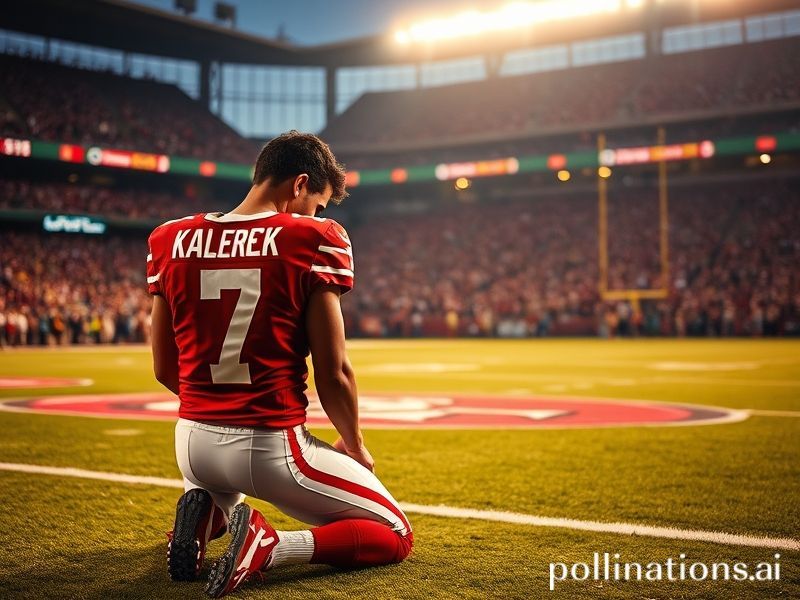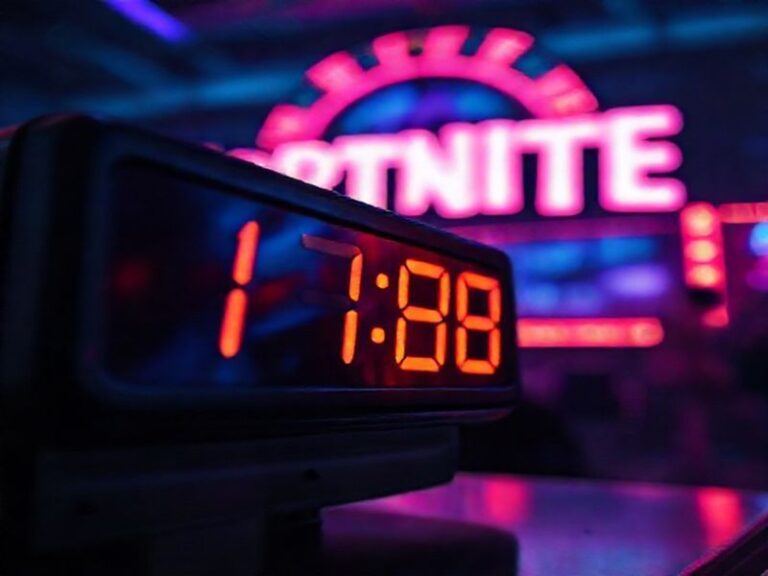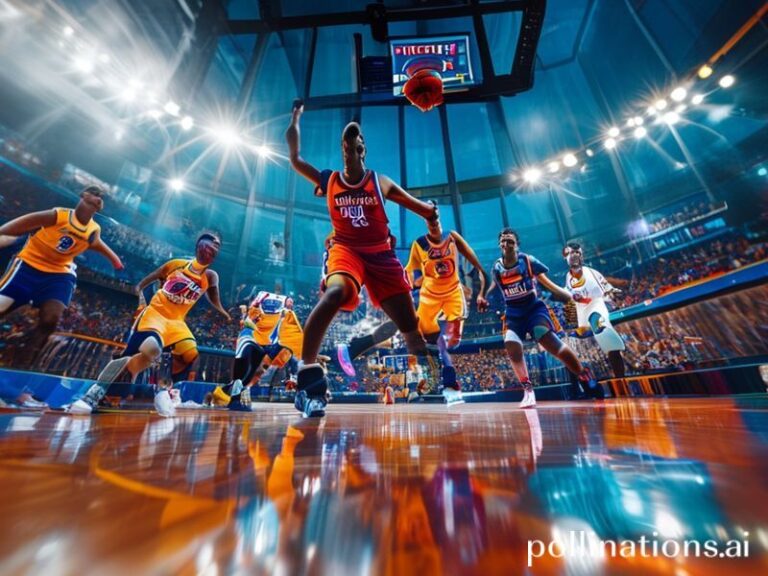From Turlock to Davos: How Colin Kaepernick’s Knee Conquered the World—And Its Wallet
The Colin Kaepernick Story, or How One Knee Became the World’s Most Controversial Body Part
By “Roaming” Rodrigo Valente, Dave’s Locker International Affairs & Popcorn Correspondent
If you had told a Zurich bond-trader in 2012 that a backup quarterback from Turlock, California would one day be cited by German parliamentarians, South African students, and Japanese ad agencies in the same breath as Mandela, Marx, and Michael Jordan, he would have choked on his ristretto. Yet here we are, a decade later, watching Nike rake in a cool billion while various governments scramble to decide whether the man who took a knee is a prophet, a pariah, or simply an excellent marketing case study.
Kaepernick’s original sin—declining to stand for the U.S. national anthem in 2016—was, in global terms, a modest gesture. French footballers had booed “La Marseillaise” since the 1980s; Turkish NBA players routinely dodge anthems to pray; half of Latin America yawns through the Hinno Nacional because the beer queue is shorter. But in the United States, where flags are apparently woven from the same fabric as self-esteem, the knee drop detonated like a tactical nuke.
Overseas reactions ranged from bemusement to opportunism. The British tabloids, ever alert for an American morality play, splashed “DISGRACEFUL!” across their front pages while conveniently forgetting that their own athletes had knelt against racism at Wembley the previous month. China’s state-run Global News tut-tutted about “U.S. racial hypocrisy,” a delicious irony given Beijing’s current side hustle in Uighur hospitality. Meanwhile, Canadian broadcasters adopted the pained smile of a neighbor watching the house next door burn down—close enough to smell the smoke, far enough to pretend the fire code is superior.
In the Global South, Kaepernick became a Rorschach test. South Africa’s Economic Freedom Fighters printed his face on T-shirts next to Steve Biko’s, a pairing that would have perplexed both men. Brazilian favela kids painted murals of Kap in a 49ers helmet dribbling a flaming football past riot police, because nothing says “resistance” like mixing your sports metaphors. Even the Taliban—yes, those guys—issued a statement praising anyone who “stands up to American oppression,” apparently unmoved by the hypocrisy of endorsing a man who champions gender equality.
Then there’s the money. When Nike launched its 2018 “Dream Crazy” campaign, featuring Kaepernick’s serene face and the tagline “Believe in something. Even if it means sacrificing everything,” the collective gasp from investors was audible on six continents. Within 48 hours, Nike’s market cap jumped six billion dollars—roughly the GDP of Fiji. Overnight, taking a knee became the most lucrative yoga pose in history. Adidas, Puma, and even that Swiss company no one can pronounce began scouring their athlete rosters for anyone with a grievance and a photogenic grimace.
Europe, ever allergic to American melodrama, tried to localize the gesture. German Bundesliga players knelt against antisemitism, Dutch footballers against childcare benefits scandals, and the French—naturally—knelt against literally everything. The European Parliament briefly debated a resolution “supporting athletes’ freedom of expression,” then quietly shelved it when they realized half their own members moonlight as football-club directors.
The most poignant subplot unfolded in the American diaspora itself. U.S. troops stationed in Okinawa wrote open letters describing how they fought for the right to protest, even if they personally found the protest distasteful—an argument so beautifully American it should be printed on the back of the passport. Meanwhile, expat bars from Madrid to Melbourne became nightly debate clubs where drunken alumni of Midwestern universities argued about whether kneeling was patriotic or performative, blissfully unaware that the locals just wanted to watch the game.
Kaepernick himself has become less a person than a projection screen. To some he is Muhammad Ali in cleats; to others, a washed-up QB who overthrew his last pass at relevance. What’s undeniable is that a single act of refusal reframed the global conversation about race, power, and the absurd theater of compulsory nationalism. In a world where presidents tweet policy between golf swings and billionaires launch themselves into space for Instagram clout, perhaps we shouldn’t be surprised that the most serious political statement of the decade was made during a warm-up drill.
Conclusion: The knee has long since left the turf, but the ripple effects keep spreading—through corporate boardrooms, protest squares, and living-room shouting matches on every continent. Somewhere in Turlock, a high-school coach is still telling wide-eyed kids to keep politics out of sports, blissfully unaware that politics climbed into the huddle years ago and called dibs on quarterback. And somewhere in Davos, a brand manager is calculating how many more billions can be squeezed from righteous indignation before the market corrects itself. Welcome to globalization, where every gesture is both sacred and for sale—just check the label on the back of the jersey.







